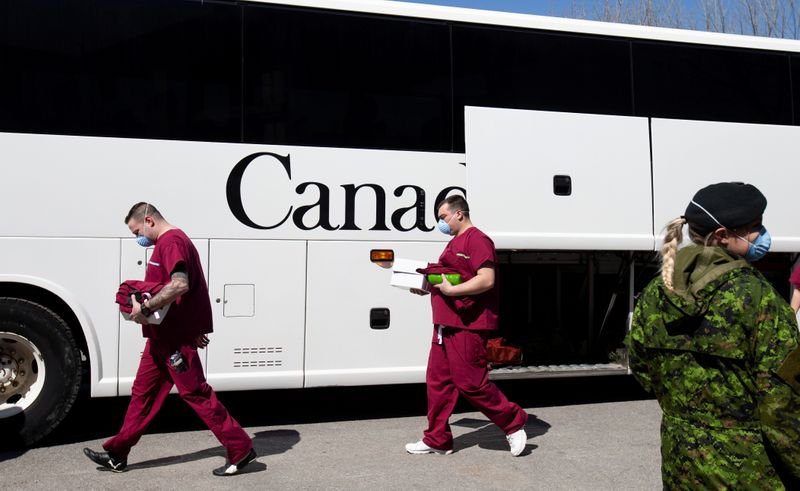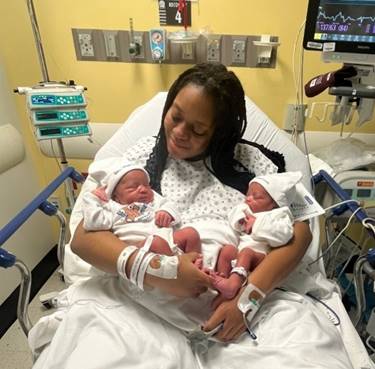TORONTO (Reuters) – A key supplier of the chemicals needed to test for coronavirus, France’s Biomérieux <BIOX.PA>, has given its proprietary formula to the Canadian government for free so its national lab can try to manufacture badly-needed test kits on its own, according to federal officials and a note to customers obtained by Reuters.
The unusual deal shows Ottawa’s determination to scale up testing, a key step towards relaxing strict public health measures that have disrupted daily life and tanked economies around the world.
In March, Canada passed emergency legislation that gave the government and third parties it designates the right to produce patented goods without the patent holders’ consent. Doing that could have been technically difficult, without a company’s formula.
While there is no indication that Canada forced Biomerieux to agree to the license, the option was available.
Biomérieux did not respond to questions about whether it had made similar arrangements with any other governments, or the revenue impact of the agreement.
It reported a 21.5% increase in sales in the first quarter, thanks in part to demand for reagent.
The Public Health Agency of Canada (PHAC) described the arrangement as a temporary license that allows the government to manufacture Biomérieux products used for coronavirus testing. It did not say whether it threatened to use the new law, and said the license was signed “at no cost.”
PHAC said its manufacturing was still in “development and testing” and its goal was to alleviate shortages soon.
In its email to customers in early April, Biomérieux’s Canadian unit said the move was meant to clear up testing backlogs, an indication of the stress in the supply chain that makes testing possible. The company said it was also boosting its own production.
The chemicals in short supply, also called reagents, are used to extract RNA, the virus’s genetic material, from patient samples. A handful of companies make most RNA extraction equipment and sell reagent kits made for their own machines, a bit like inkjet printer cartridges.
Other major suppliers are Thermo Fisher Scientific <TMO.N> acquisition target Qiagen and Roche <ROG.S>. All are facing soaring demand, as public health workers around the world race to find people who could be spreading the virus.
“We hope that in the near future, this move will allow federal and provincial labs to test more Canadians, thus reducing testing backlogs,” Biomerieux said in its customer note.
“This private-public collaboration signals that unprecedented times, require unprecedented solutions.” Biomérieux extraction equipment is widely used in Canada.
Its machines were the primary system used by Ontario’s public health labs, and heavy reliance on one brand contributed to a testing slowdown in late March. Biomérieux equipment is also widely used in Quebec, according to the provincial government.
PHAC said the deal is an “interim solution”, because its facilities are not meant to be used for long-term manufacturing.
On Thursday, Canada pledged C$1.1 billion ($782 million) for research and drug or vaccine manufacturing in its fight against the coronavirus.
(Additional reporting by Tessa Vikander in Vancouver; Editing by Amran Abocar and Nick Zieminski)
























